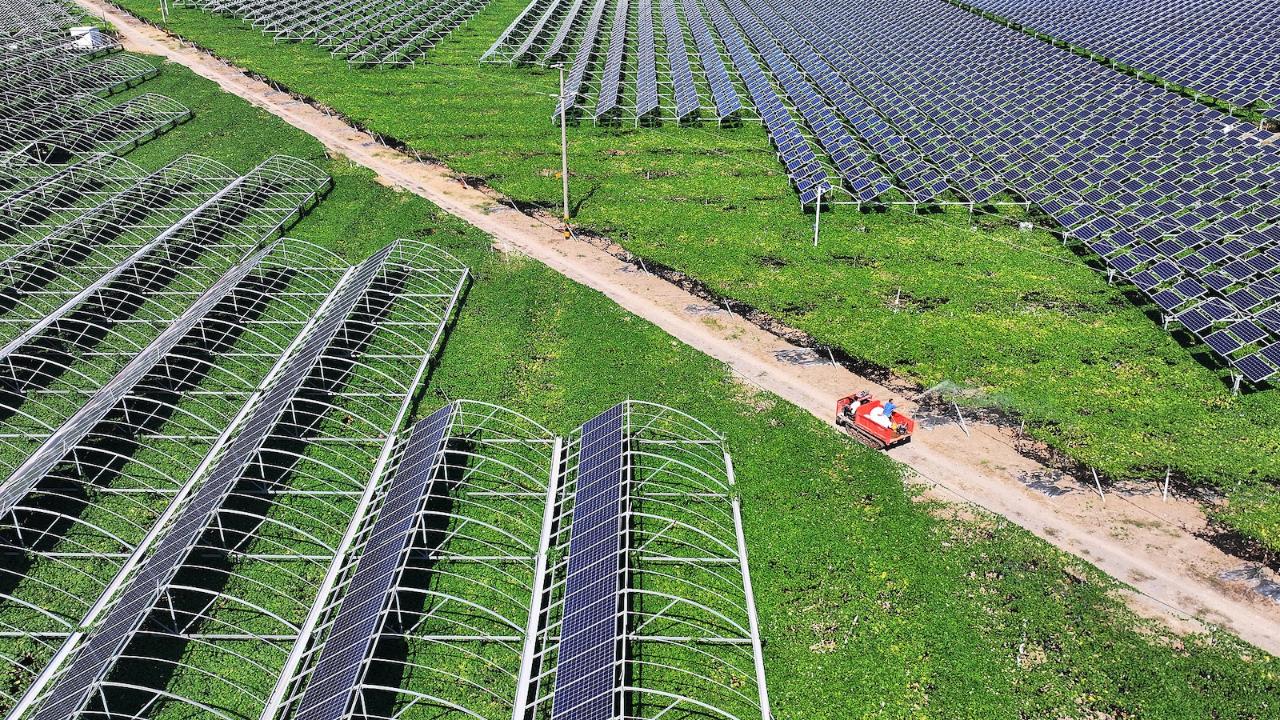Mendel's Legacy Unlocked

The recent revelation surrounding Gregor Mendel's pea experiments from 160 years ago is pivotal in comprehending not only historical genetics but also its implications for modern agricultural practices. Mendel, often titled the "Father of Genetics," laid the groundwork for the field through his systematic studies on the inheritance of traits in pea plants. The new findings published on April 2025 illuminate the molecular basis behind the traits he identified, finally correlating his observations with specific genes. This alignment reflects a significant stride in bridging classical genetics and contemporary molecular biology, holding promise for enhanced genetic applications in agriculture.
The study, a collaboration between Shenzhen Agricultural Genomics Institute and the John Innes Centre, marks a watershed moment, utilizing advanced genomics to dissect the genetic underpinnings of Mendel's seven traits. Through the analysis of nearly 700 pea varieties, the research identified numerous genetic markers tied to essential agricultural traits. For example, the understanding of how the Gp gene influences pod color and the dual role of the P and V genes in pod shape showcases the potential to steer breeding programs towards improved crop varieties efficiently. This work not only enriches our grasp of heredity but also equips breeders with precise molecular targets for future crop enhancement, ultimately contributing to food security.
The implications of this research extend far beyond mere academic curiosity. The ability to pinpoint the genetic determinants of traits allows for more strategic breeding approaches, potentially expediting the development of resilient crops that can withstand climate change and pest pressures. Moreover, the integration of these findings into educational frameworks provides teachers with concrete examples linking Mendelian principles to molecular mechanisms—transforming pedagogical methods in genetics. As agricultural demands evolve, the interplay of classic and modern genetics beckons a critical question: How will future advancements in genetic engineering shape both our crops and ethical considerations surrounding food production?
Read These Next

Streetlight Charging: Revolutionizing EVs
A Pennsylvania State University research team has successfully converted streetlights into electric vehicle charging stations, providing a cheaper and more effective alternative to traditional installations while considering urban equity.

AI Surge in Venture Capital: A Game Changer
Analysis of the recent PitchBook report indicating a historic investment surge in AI startups within the venture capital sector, exceeding half of total funding.

China Aims to Accelerate Green Transition in All Sectors
China plans to speed up its green economy transition with investments in technology and eco-friendly practices to combat pollution.
